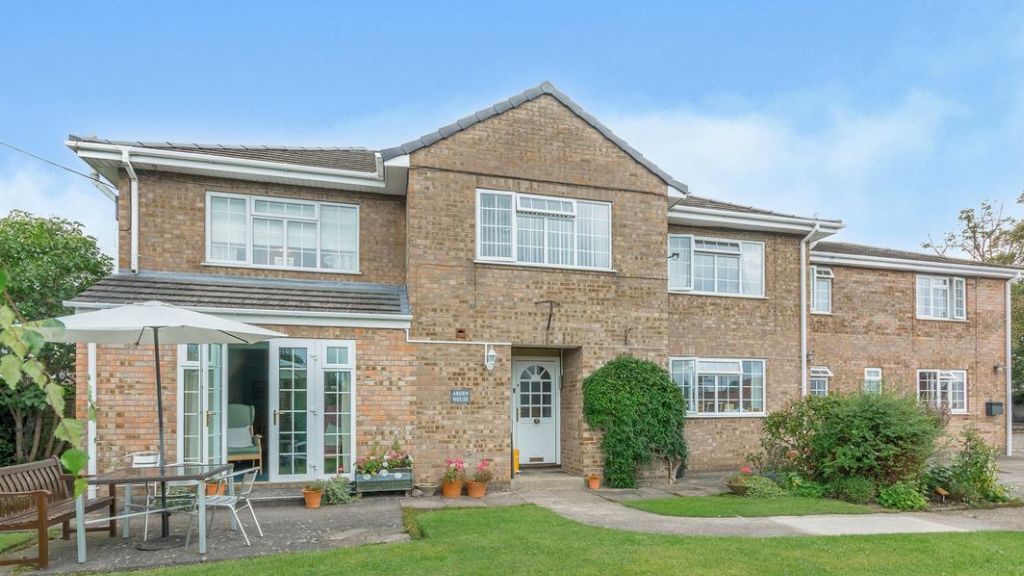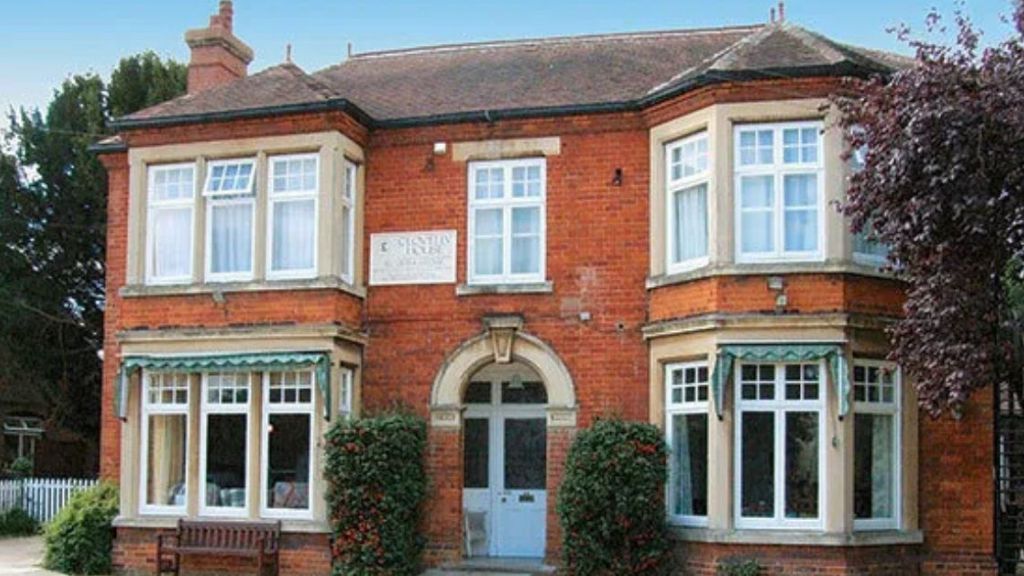‘Cheapskate Awards’ given to councils in Wales
[vc_row][vc_column][vc_column_text]19 June, 2020
A “terrible ten” local authorities are being presented with Cheapskate Awards for paying the lowest care home fees in Wales during the Covid-19 pandemic.
The awards have been devised by provider representative body Care Forum Wales who say the biggest difference between the highest and lowest weekly fee per person is more than £12,000 a year – equivalent to nearly £500,000 in a care home with 40 residents over a 12 month period.
The “league table of shame” was revealed by the organisation which represents more than 450 social care providers in Wales and they are writing to all the members of the Senedd to point out the unfairness of the system.
According to Care Forum Wales chair Mario Kreft, the huge gulf between the top and the bottom payers was evidence of an unfair postcode lottery which threatened the well-being of the nation’s most vulnerable people and the future of social care in Wales.
The First Minister, Mark Drakeford, had admitted the sector was fragile even before the Covid-19 pandemic struck and Mr Kreft is concerned that many care homes across Wales will not survive.
Care Forum Wales say the root of the problem is that for more than 20 years the social care sector has been managed and funded separately by the 22 local councils and the seven health boards in Wales, and that this was a recipe for disaster. They are calling for an urgent national action plan to “sort out the mess” and ensure fair funding for social care across Wales.
Currently bottom of the heap in terms of funding is Powys County Council which increased the weekly fee for a person in a residential EMI care home for older people with mental frailty by 2.2 per cent to £559.
In contrast, providers in Cardiff – where fees were already higher – will receive £793.48 a week for providing exactly the same level of service, a 4% increase that works out as £12,192.96 more for every resident than in Powys over the course of a year.
Even in Cardiff, says Mr Kreft, the fees do not cover the true cost of care and are on average £100 less than the amount paid by people receiving care privately.
Five of the bottom 10 payers are the North Wales councils in Flintshire, Denbighshire, Anglesey, Wrexham and Gwynedd who are joined by Neath Port Talbot, Swansea, Carmarthenshire and Ceredigion.
Just behind Cardiff at the top of the table are Torfaen Council followed by rising star Pembrokeshire who have increased their fees by a minimum of 12.8% and up to 16.5% this year.
The best-paying North Wales authority is Conwy who are the only North Wales council to pay above the Welsh average weekly fee.
Newport negotiate separately with individual providers so it was not possible to include them in the table but they are in line with the generally higher rates paid in the South East of Wales.
“The aim of the Cheapskate Awards is to highlight the really serious problems created by a crazy fee structure here in Wale,” said Mr Kreft.
“Some of these figures really amount to a kick in the teeth to dedicated people who have been showing tremendous courage as well as skill and kindness in the face of a frightening disease during this deadly global pandemic.
“Are vulnerable people in Cardiff really worth £12,000 a year more than equally fragile people in Powys? Let’s face it, Powys are not the only offenders here, sadly their rates merely reflect the disdain shown to social care in many other part of Wales. If that’s the case, our values as a nation are completely wrong.
“This mess has come about because the market has been mis-managed by the 22 local authorities in Wales for more than two decades of devolution. As the First Minister himself pointed out, the social care sector was in a fragile state well before the pandemic and what we are calling for is an urgent national action plan which can ensure fairness and equity in the system.
“We need to build a sustainable care system that will truly be an effective scaffold for the NHS.”
Mr Kreft said social care was part of the foundation economy and, given an appropriate level of support, could help lead the economic recovery in Wales.
“What we need as a matter of urgency is a national action plan to sort out the total hodgepodge of fees so what we can provide the care that our vulnerable people deserve,” he said.
“Social care should not be seen as a cost to society but rather as an asset that represents all that is best in our nation, notably its wonderful workforce.”[/vc_column_text][vc_empty_space height=”10px”][/vc_column][/vc_row][vc_row][vc_column width=”1/2″][vc_single_image image=”32580″ img_size=”full” add_caption=”yes” alignment=”center” css=”.vc_custom_1592551772507{padding-top: 10px !important;padding-bottom: 10px !important;}”][/vc_column][vc_column width=”1/2″][vc_column_text][/vc_column_text][/vc_column][/vc_row][vc_row css=”.vc_custom_1536940576920{padding-top: 20px !important;}”][vc_column][vc_column_text][/vc_column_text][/vc_column][/vc_row][vc_row][vc_column][vc_column_text] ')} [/vc_column_text][/vc_column][/vc_row]




